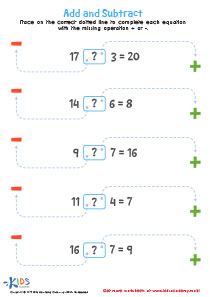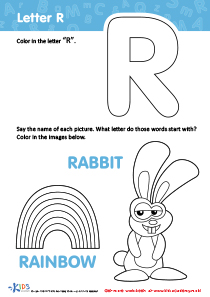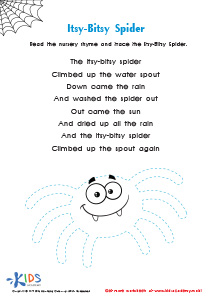Logic and Early Math Lessons, Grade 2
0 results
Our Logic and Early Math lessons for Grade 2 children are designed to help your child develop critical thinking skills and mathematical understanding. Our interactive worksheets, educational videos, and assessment quizzes are geared towards promoting early math skills while enhancing logical thinking. The curriculum explores concepts such as geometry, measurement, patterns, and reasoning. Your child will learn to solve problems systematically, think creatively, and logically, with our program. Our experienced educators create fun and engaging classes to help foster a love of learning that can aid children throughout their academic careers. Join us and watch your child grow into a confident and capable critical thinker and problem solver!
Logic and Early Math are two essential subjects that form the foundation for children's education. A good understanding of these subjects is crucial to success in later life. Grade 2 is a vital time when children start to learn about the world around them in more detail, and Logic and Early Math form a significant part of their studies.
At this stage, children are transitioning from often being taught concepts through play and imitation, to learning through structured lessons. By incorporating Logic and Early Math through interactive worksheets, educational videos, and assessment quizzes, we provide children with an exciting and engaging way to learn. These resources stimulate and challenge young minds, encourage curiosity, and promote independence.
The Logic and Early Math curriculum helps children develop analytical thinking skills, which can be applied to many areas of life. Children learn how to evaluate information, solve problems, and make logical conclusions based on evidence. This will help them in scientific studies, as well as everyday life situations where critical thinking is necessary.
The interactive worksheets included in the Logic and Early Math curriculum are designed to present information in an engaging way. They use visual aids, such as pictures and diagrams, to explain concepts. Additionally, worksheets also include puzzles, such as mazes, spot-the-difference, and matching games, to keep children engaged while reinforcing core concepts in a fun way.
Educational videos provide another avenue for children to learn. These videos provide engaging stories to help children understand concepts better. The visual and auditory stimulation provided by educational videos can be helpful for children who are visual and auditory learners. Likewise, the assessment quizzes included in the curriculum allow children to evaluate how much they have learned. These quizzes provide children with an immediate assessment of their progress, which is helpful for their self-esteem and motivation.
The curriculum also aims to help children develop an early understanding of math concepts. Early Math is a crucial subject area for Grade 2 students because it stores the foundation for more advanced concepts later on. The curriculum aims to teach children how to count, recognize and write numbers, understand simple addition and subtraction, recognize geometric shapes, and how to measure things.
Early Math teaches children the basics of number sense, which is the ability to understand the relationship between numbers, such as which number is larger or smaller, and how numbers are related when added or subtracted. Developing this foundational understanding of numbers is essential as more advanced concepts such as multiplication and division build upon these early skills.
In conclusion, Logic and Early Math are subjects that are vital to a child's development.













